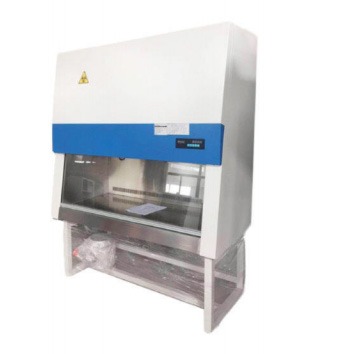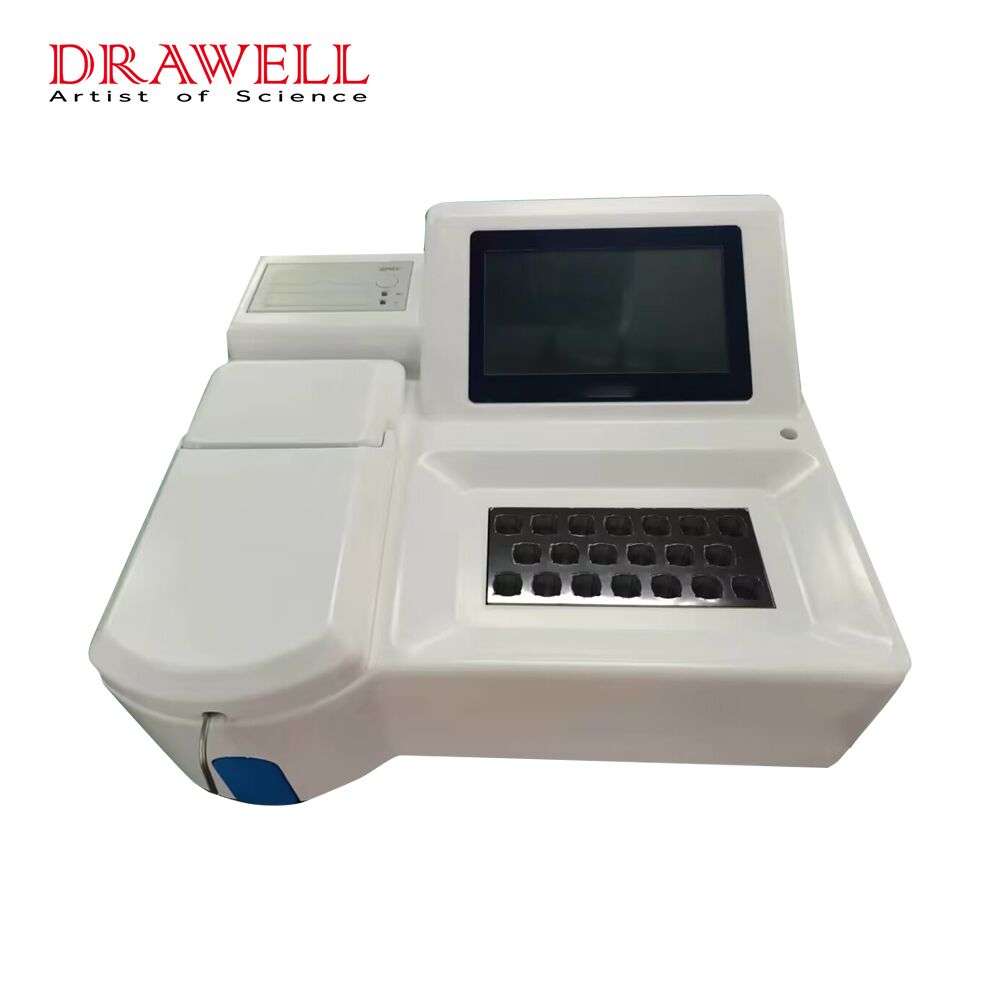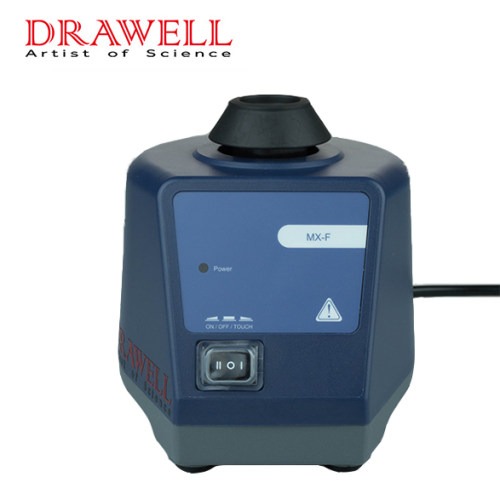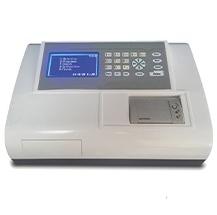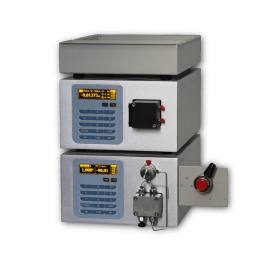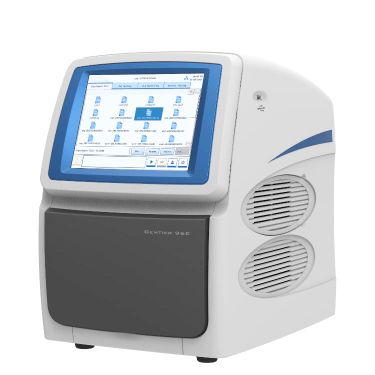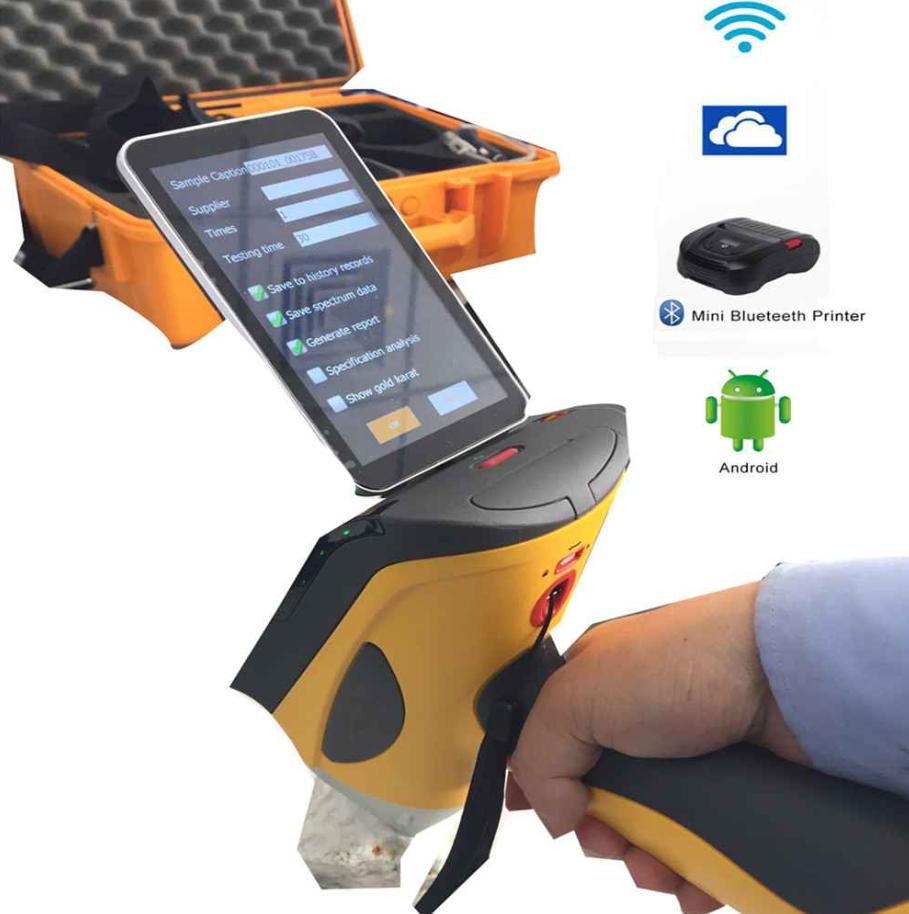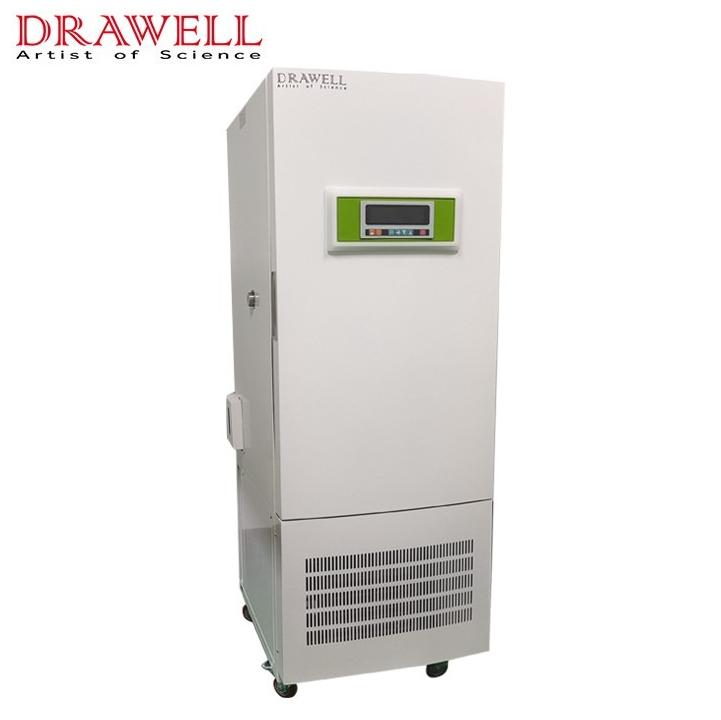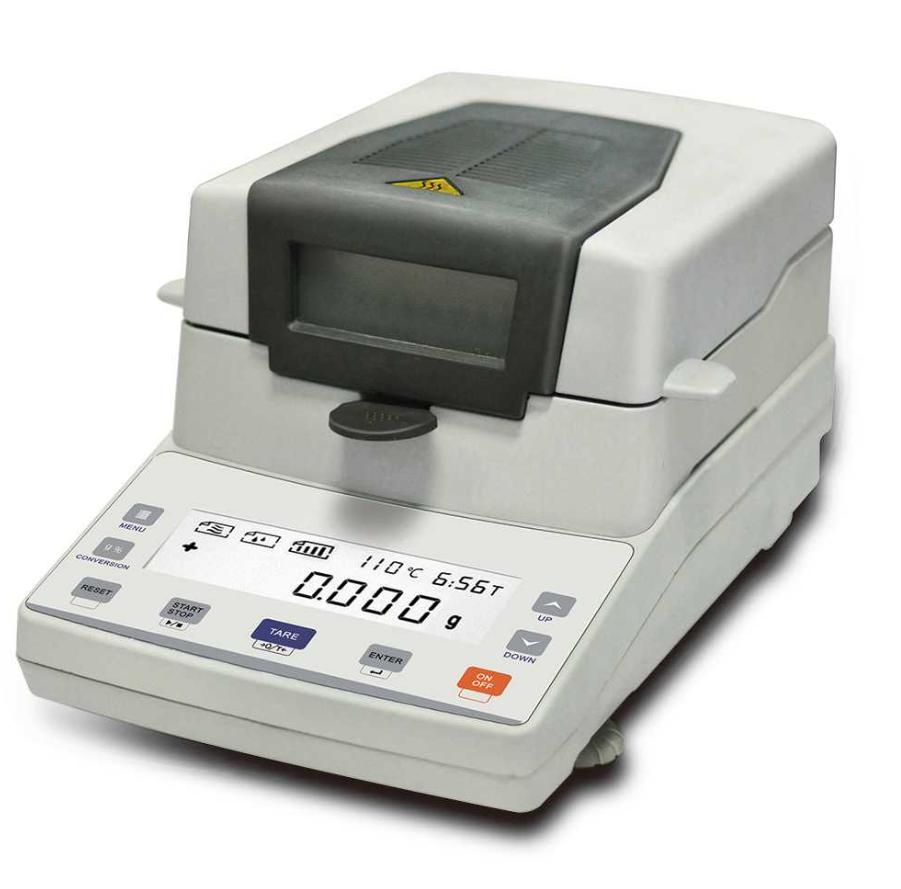News
Understanding Key Points of Biosafety Cabinet Use: A Comprehensive Guide
Biosafety cabinets (BSCs) are the first line of defense in laboratories and healthcare facilities against the potential hazards of working with biological materials. These specialized containment devices are intended to provide a safe and sterile environment for researchers, laboratory personnel, and the surrounding environment. In this article, we focus on the topic of biosafety cabinet use,…
What are the Semi Biochemistry Analyzer: Everything You Need to Know
Semi-automatic biochemistry analyzers have profoundly altered the clinical diagnostic landscape. This complex instrument combines the accuracy of classic biochemistry analyzers with the portability and ease of use of point-of-care testing, ushering in a new era of medical diagnostics. In this article, we will explore the concept, capabilities, and key applications in clinical practice of the semi-biochemistry analyzer. Understanding the…
A Comprehensive Guide to Vortex Mixers: Understanding Their Types, Applications and Safe Operation
In the realm of scientific research and laboratory practices, vortex mixers stand as indispensable tools for efficient sample mixing. These devices, characterized by their compact size and powerful mixing capabilities, have revolutionized the way scientists and technicians prepare and analyze various liquid samples. This comprehensive guide delves into the intricacies of vortex mixers, exploring their types,…
6 Benefits of Using ELISA Microplate Readers in Clinical Trials
Clinical trials represent a critical phase in the journey of medical discovery, transitioning from the controlled environment of the laboratory bench to real-world applications at the bedside. Among the many tools shaping this transition, ELISA microplate readers stand out as invaluable assets and they are essential tools in the development of new drugs and therapies. They…
What are the Key Uses of HPLC?
HPLC (High-Performance Liquid Chromatography) has developed as one of the most versatile and commonly used analytical chemistry techniques. HPLC has evolved greatly since its inception in the 1960s, making it a vital tool for scientists, researchers, and analysts in a variety of fields. In this article, we focus on the topic of HPLC use, exploring the applications and significance…
Exploring the Technique of PCR: Why Polymerase Chain Reaction Revolutionizing the Way in Genetics
The Polymerase Chain Reaction (PCR) is a groundbreaking molecular biology technology that has revolutionized genetics and diagnostics. PCR, invented by Kary B. Mullis in the 1980s, has become a vital tool in modern laboratories, allowing scientists to amplify and study DNA with amazing precision and speed. In this article, we will explore the technique of PCR, its fundamental principles,…
What are Heating Incubators: A Comprehensive Guide
Heating incubators are essential tools in biomedical research and development, providing precise temperature control for a wide range of applications. From cell culture and microbiology studies to enzyme assays and protein crystallization, heating incubators play a critical role in ensuring the accuracy and reproducibility of experimental results. This article delves into the significance of heating incubators, exploring…
From Lab to Field: How Handheld XRF Metal Analyzers Revolutionizing Analysis Methods
In the dynamic realm of material analysis, technological advancements continually reshape the landscape, providing scientists, engineers, and professionals with tools that redefine conventional methodologies. Among these transformative innovations, handheld XRF metal analyzers stand out as versatile devices, bridging the gap between laboratory precision and on-the-go efficiency. This article delves into the profound impact of handheld XRF…
Stability Chambers in Pharmaceutical Testing: The Delicate Balance of Temperature, Humidity and Light
In the ever-evolving landscape of pharmaceuticals, ensuring the stability of drug formulations is paramount. The efficacy and safety of medications hinge on a delicate balance of environmental factors, and this delicate equilibrium is meticulously maintained by stability chambers. These chambers play a pivotal role in pharmaceutical testing, safeguarding the integrity of products from the research…
How Halogen Moisture Meters Revolutionize Food Processing
In the intricate world of food processing, precision and efficiency are paramount. Moisture content plays a pivotal role in determining the quality, safety, and shelf life of various food products. Traditionally, measuring moisture levels involved time-consuming and labor-intensive methods. However, the advent of halogen moisture meters has revolutionized the landscape, offering an innovative and accurate solution…


